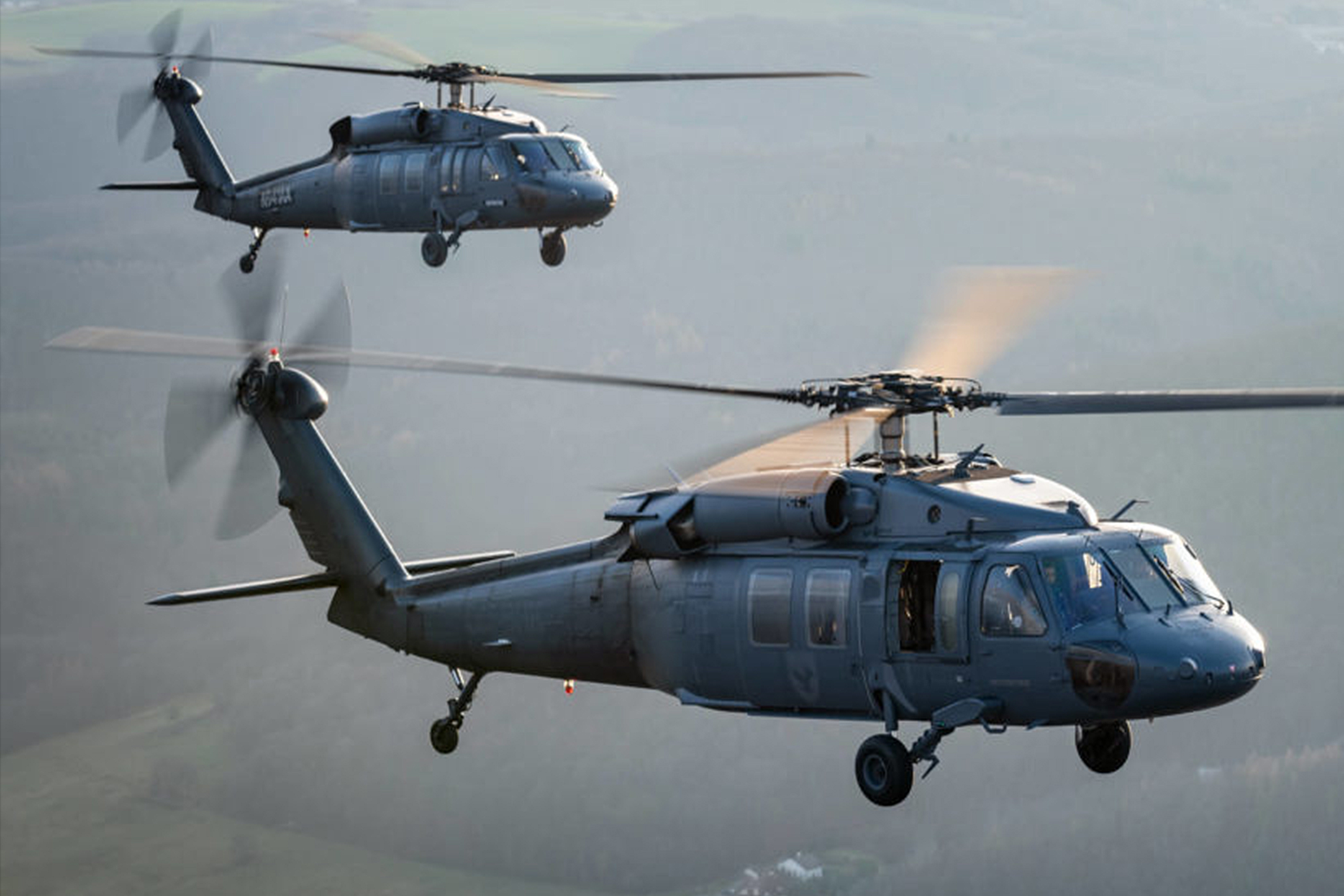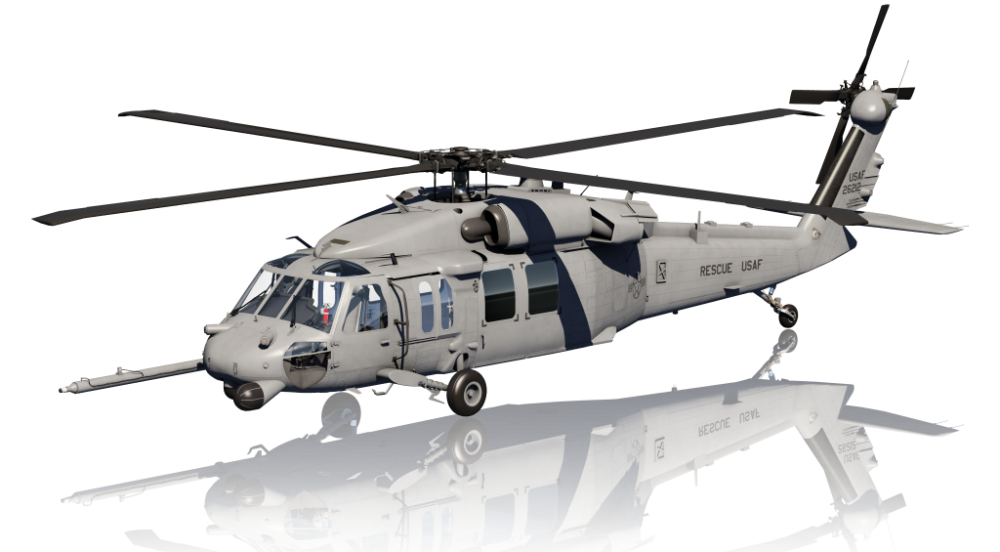UH 60 Technical Specs and Performance Evaluation
UH 60 Technical Specs and Performance Evaluation
Blog Article
The Duty of Airplane fit Global Transport and Profession Characteristics
The advancement of aircraft has actually indelibly transformed global transport and profession characteristics, assisting in extraordinary degrees of connection and effectiveness. With the establishment of durable air freight networks, companies can currently navigate international markets with remarkable rate and dexterity, consequently redefining supply chain strategies. Nevertheless, this change is not without its obstacles, as the aviation industry comes to grips with sustainability issues and regulatory pressures. As we explore the diverse impacts of aircraft on global profession, it is essential to consider how these factors will form the future landscape of air travel and its role in the economic situation.

Evolution of Air Transport
The development of air transportation has been marked by considerable technical developments and technologies that have transformed the way individuals and products relocate throughout the globe. From the Wright siblings' very first powered flight in 1903 to the development of supersonic jets, each turning point has actually highlighted the relentless search of performance and rate in air traveling. Early aircraft were mostly basic, restricted by engine power and structural honesty. However, the introduction of advanced products and the rules of aerodynamics in the mid-20th century caused substantial improvements in aircraft dependability, security, and performance. uh 60.
The last part of the 20th century experienced the development of industrial aviation as a feasible mode of transport, defined by the intro of jet engines, which changed air travel by drastically minimizing flight times. Furthermore, innovations in navigation and interaction modern technologies have improved operational efficiency and safety and security, permitting even more facility trip routes and routines. The rise of air freight in parallel with traveler services has actually further underscored the versatility of aeronautics. As we look to the future, emerging modern technologies such as independent and electrical airplane guarantee to redefine the air transportation landscape, making certain ongoing development and adaptation to international demands.
Effect On Global Profession
Air transport has exceptionally improved global profession by promoting the swift movement of items across large ranges. This expedited logistics capability permits organizations to react rapidly to market demands, thus boosting supply chain efficiency. The capability to deliver perishable goods, high-value things, and time-sensitive products has actually opened new markets and opportunities for different industries, significantly affecting trade patterns.
In addition, the growth of air freight networks has actually cultivated globalization, making it possible for business to resource materials and products from different parts of the world effortlessly. This interconnectedness reduces preparations and prices, permitting businesses to stay competitive in a progressively international marketplace. Furthermore, air transport plays an essential duty in ecommerce, where consumer assumptions for fast shipment have driven a surge in demand for air cargo solutions.
The influence of airplane on worldwide trade encompasses the creation of tactical trade routes, linking regions and assisting in global collaborations. Countries that invest in air transport facilities commonly experience improved financial development and boosted international straight investment. Overall, the evolution of air transportation has not just transformed the logistics landscape but has also become an essential part in click to investigate the dynamics of international trade.

Financial Advantages of Aeronautics
A durable air travel industry creates substantial economic advantages, adding to task development, tourism, and total economic growth - uh 60. The air travel market supports millions of tasks around the world, varying from direct employment in airport terminals and airline companies to indirect roles in markets such as friendliness, transport, and logistics. According to market reports, for each job in the air travel field, around 3.5 extra jobs are created in the more comprehensive economic situation
Tourist is a crucial aspect of the economic benefits stemmed from air travel. Flight facilitates worldwide tourism, enabling vacationers to discover varied destinations, which subsequently stimulates local economic climates. Nations that purchase their air travel facilities usually experience increased tourist arrivals, resulting in higher costs on services such as attractions, dining establishments, and hotels.

Additionally, aviation boosts global connectivity, enabling services to access brand-new markets and resources successfully. As a result, sectors such as e-commerce and manufacturing benefit tremendously from reputable air transportation, additional driving economic growth.
Challenges Encountering the Aviation Market
Navigating a complex landscape of regulatory, ecological, and economic difficulties, the air travel industry faces considerable difficulties that threaten its sustainability and growth. Laws bordering security and security are constantly evolving, requiring recurring compliance and adaptation from anonymous airline companies and producers (uh 60). This can bring about enhanced functional expenses and source allowance that interferes with innovation and growth initiatives
In addition, environmental issues have ended up being critical, with growing scrutiny over carbon discharges and environmental pollution. The industry is under pressure to embrace greener modern technologies and practices, which usually call for substantial investment in r & d. Balancing these environmental duties with the need for air traveling offers a substantial obstacle.
Financial variations, such as climbing gas rates and geopolitical unpredictabilities, better make complex the landscape. Airline companies frequently grapple with volatile operating costs and varying passenger demand, which can influence productivity and lasting preparation. Labor lacks and ability spaces in vital areas add an additional layer of intricacy, impeding operational efficiency.
Ultimately, addressing these complex obstacles is necessary for the air travel sector to maintain its crucial duty in worldwide transportation and profession, while making certain durability and adaptability in an increasingly open market.
Future Patterns in Flight
Arising modern technologies and moving consumer choices are poised to improve the future of flight dramatically. The combination of fabricated knowledge and device learning is anticipated to boost functional effectiveness, streamline airport procedures, and enhance client service. Anticipating analytics will certainly promote a lot more precise demand projecting, allowing airline companies to optimize flight routines and pricing designs.
Sustainability is ending up being a vital vehicle driver in air travel, with the air travel industry progressively concentrated on reducing carbon emissions. Innovations in airplane layout, such as hybrid and electrical propulsion systems, are being explored to meet ecological targets. Additionally, the adoption of lasting air travel gas (SAFs) is anticipated to play an important function in achieving net-zero emissions by 2050.
Consumer preferences are changing towards individualized traveling experiences. Airlines are investing in sophisticated information analytics to tailor services and boost customer engagement, making certain a much more tailored journey from reserving Recommended Reading to arrival. In addition, the increase of remote job might lead to enhanced demand for recreation traveling, as people look for to combine work and getaway.
Final Thought
The development of air transportation has actually changed international profession, generating substantial financial benefits while also offering difficulties that call for calculated administration. The recurring adjustment of the aviation industry will certainly be vital for sustaining its payments to the global economic climate.
The latter component of the 20th century saw the appearance of industrial aeronautics as a viable setting of transportation, characterized by the intro of jet engines, which transformed air traveling by substantially lowering flight times. The surge of air cargo in parallel with passenger solutions has actually better emphasized the versatility of air travel. In addition, air transport plays a critical function in e-commerce, where consumer assumptions for fast delivery have driven a rise in demand for air products solutions.
Generally, the advancement of air transportation has not only changed the logistics landscape yet has also become a crucial part in the dynamics of worldwide profession.
Sustainability is coming to be a key chauffeur in air traveling, with the aeronautics sector increasingly focused on decreasing carbon discharges.
Report this page